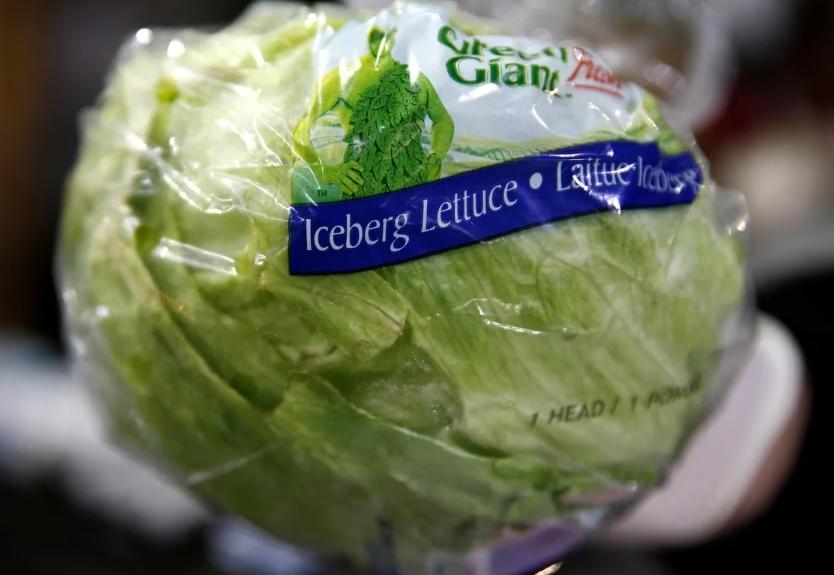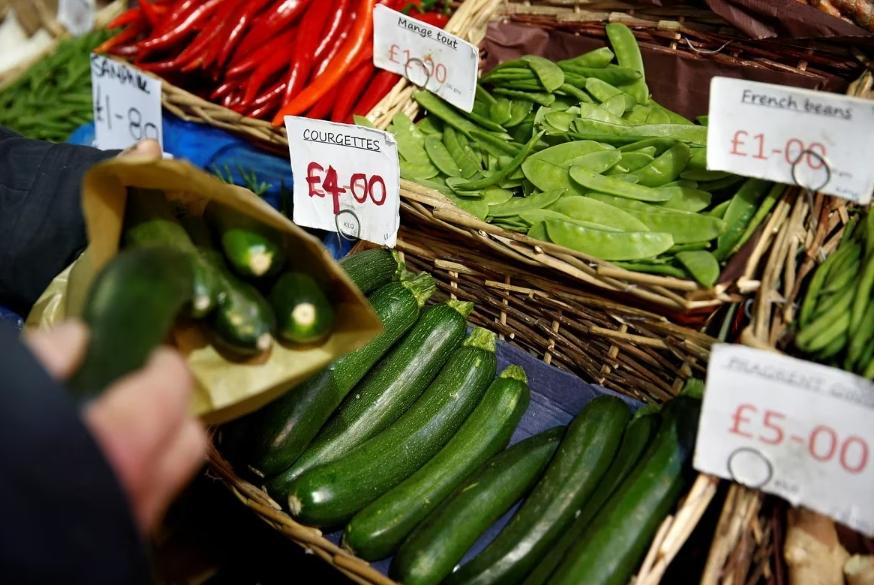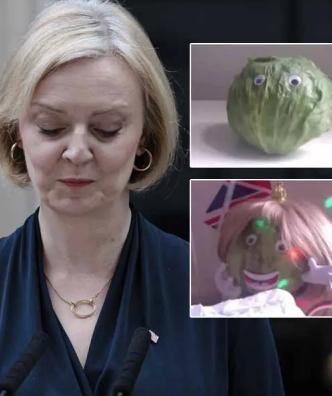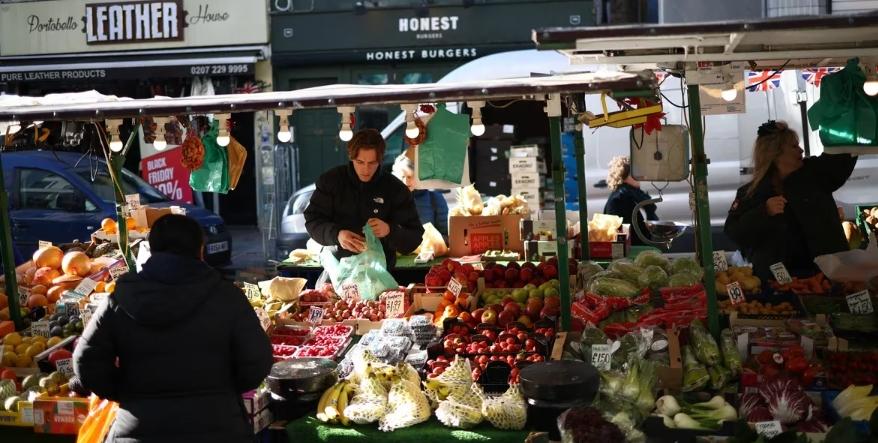Some British supermarket chains are rationing lettuce. But that’s just the tip of the iceberg
According to government and industry officials, a dearth of salad ingredients, including tomatoes, in the country is attributable to unfavorable weather conditions in southern Europe and north Africa, which have impacted harvests, as well as rising energy costs affecting farmers in Britain. The situation has also sparked a discussion about the significance of tomatoes in cooking.
The Thursday edition of Britain’s Daily Star featured a photo of a man in a tomato costume standing in front of Big Ben, accompanied by the headline “What we want? Vegetables!!!! When do we want it? NOW!!!!” The tabloid also pledged to provide 12 packets of vegetable seeds to each reader.
The Metro newspaper covered the issue of a widespread scarcity of fruits and vegetables and highlighted the case of a woman who claimed that she was unable to purchase 100 cucumbers from a Lidl supermarket, despite explaining to the staff that she needed them to prepare detox drinks for her business. The newspaper’s front page featured the slogan “TAKE ADVANTAGE OF YOUR SALAD”.

Tesco and Morrisons, among other supermarkets, have imposed restrictions on the purchase of certain products like lettuce, peppers, tomatoes, and cucumbers. As British citizens shared images of vacant shelves on social media, expatriates residing in the European Union taunted them with pictures of fully stocked shelves, referring to the situation as “Vegxit,” and attributing the supply disruptions and scarcity of labor to Brexit.
According to Agriculture Minister Mark Spencer, the primary cause of the shortage was the frost that occurred in Morocco and Spain during November and December, which adversely affected numerous salad and brassica crops that are typically imported during this time of the year.
During the National Farmers Union conference earlier this week, he stated:
“This has resulted in an opening in the market.”
Union president Minette Batters also pointed out that the country’s excessive reliance on imports during the winter was a contributing factor. She explained that the increased energy costs had forced UK-based greenhouses, which produce salad crops during the winter, to reduce their operations.
As Britain battles with unprecedented inflation and a cost-of-living emergency that has caused a surge in food prices, the available supplies of these products are depleting. Additionally, the ongoing conflict in Ukraine has led to a hike in energy prices throughout Europe. The scarcity of lettuce is the latest in a series of shortages that have plagued Britain over the past two years, ranging from fuel to beer, which have been attributed to both the coronavirus pandemic and Brexit.
Although some people were alarmed by the salad rationing, others on social media appeared unconcerned. One individual tweeted:
“Tough guys (like me) don’t consume salad, so this shortage does not affect me.”
Another person wrote:
“I have proactively avoided eating salad for thirty years, in anticipation of a national food scarcity. We are all in this together.”

During this time, some individuals took advantage of the opportunity to showcase their locally grown fruits and vegetables. Others directed shoppers away from major supermarket chains and towards local farm stores and market stalls.
In response to inquiries from lawmakers on Thursday, the UK’s Food and Environment Secretary, Therese Coffey, recognized the country’s dependence on imported food during the winter and the impact of rising energy costs. She attributed some of the challenges to unusual weather patterns, while acknowledging that there are modern greenhouses that can cultivate certain crops. She also expressed a commitment to collaborating with the industry to address these issues.
Coffey expressed her hope that the current issue is only temporary. The British Retail Consortium trade group stated that a few retailers have implemented temporary restrictions to extend the availability of stocks, with the shortages expected to persist for several weeks.
“Please be assured that retailers are taking every possible measure to address the situation,” she added.

British food retailers have experienced the impact of Spanish weather conditions on vegetable exports during the winter season before. In 2017, snow on farmland in Spain, a significant supplier of winter vegetables to Europe, caused a shortage of courgettes, leading to what was dubbed the “courgette crisis.”
Leafy greens last garnered attention in October, when former Prime Minister Liz Truss was overshadowed by a peculiar incident involving an iceberg lettuce. The lettuce head, adorned with a blonde wig, gained notoriety after a poll by the Daily Star asked the public if it could outlast Truss. The lettuce head went on to become the country’s shortest-serving prime minister.
